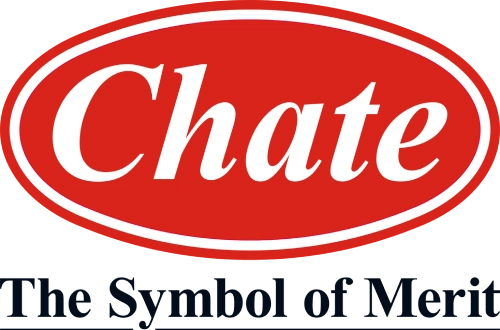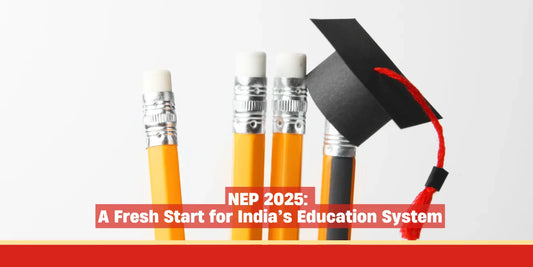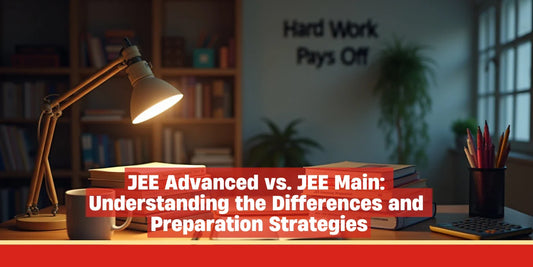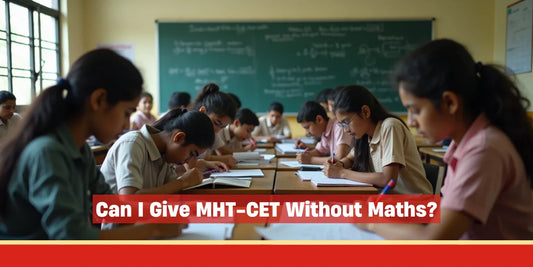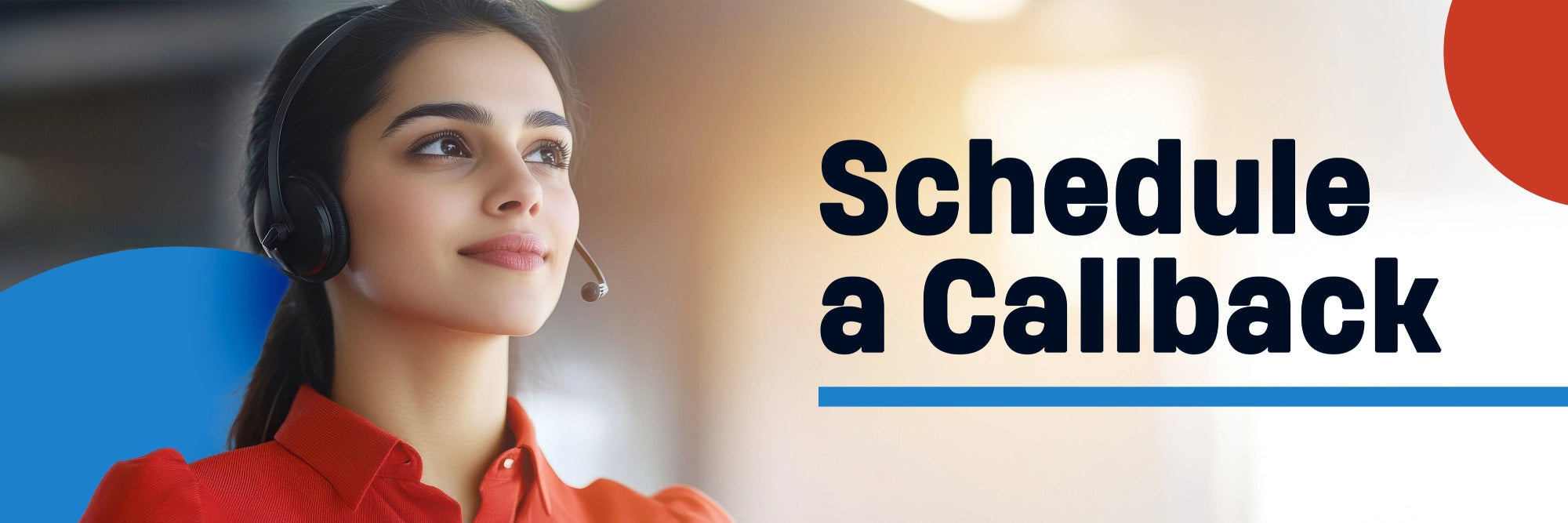India is poised to transform its academic landscape with the introduction of the One Nation-One Subscription (ONOS) initiative, set to launch in January 2025. This groundbreaking plan will grant 18 million students, researchers, and faculty free access to nearly 13,000 academic journals, including major publications from Elsevier, Springer Nature, and Wiley. The initiative, announced by Prime Minister Modi's cabinet on November 25, represents a significant investment of $715 million over three years and is considered the largest of its kind globally.
Global Reactions
The ONOS initiative has garnered international attention and praise. Many foreign commentators have expressed admiration for India's efforts to democratize access to academic resources. A user on Reddit highlighted the benefits of easy access to knowledge, stating, "I hope the US can compete with it in the long term." Another American commenter reflected on their struggles during medical school due to limited access to journals, describing the initiative as a "big equalizer" for open science and research.
Support for Prime Minister Modi's leadership was also evident, with one user commending his administration for effectively managing a nation of **1.5 billion people** while addressing historical issues of corruption. Others noted that this move could elevate India's research capabilities and set a precedent for other developing nations.
Implications for Research
The ONOS plan aims to reduce research expenses by approximately **18%**, significantly benefiting those pursuing academic endeavors in India. Critics, however, have raised concerns about the reliance on traditional subscription models at a time when the global trend is shifting towards **Open Access (OA)** publishing. Advocates for OA argue that this model offers a more sustainable solution by providing free access to research articles without author fees.
Experts like Sridhar Gutam have suggested that funds allocated for journal subscriptions could be better utilized to enhance research stipends and improve laboratory infrastructure. Conversely, others emphasize that reliable data access is critical for research advancement. Professor Manoj Kumar Tiwari pointed out that while access to journals is vital, factors such as equipment and support services are equally important for fostering an efficient academic environment.
Conclusion
The ONOS initiative represents a significant step towards democratizing academic resources in India, potentially reshaping the country's research landscape. As it prepares to launch, the global academic community watches closely, hopeful that this model may inspire similar initiatives worldwide while sparking ongoing discussions about the future of academic publishing and research accessibility.
